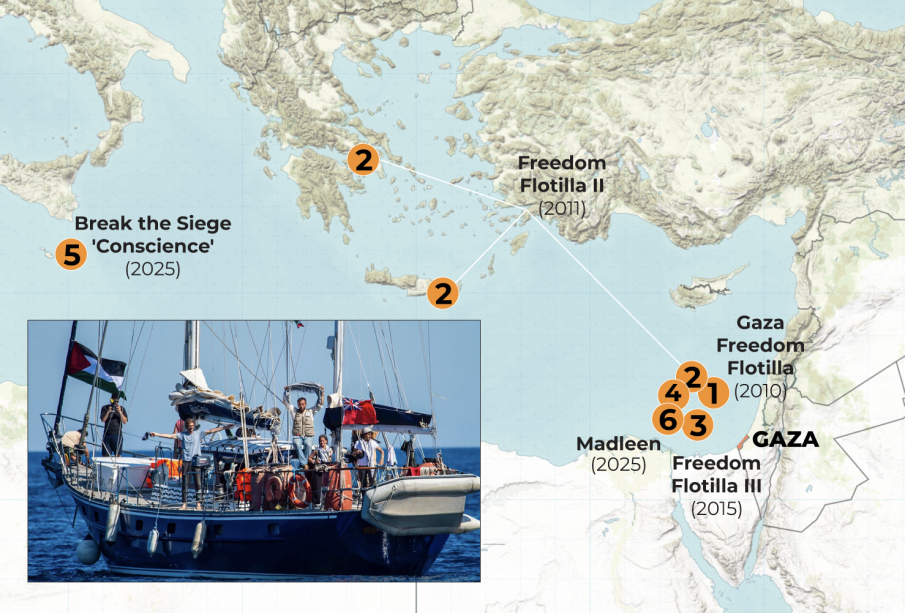Understanding the Role of Flotilla in Maritime Operations

Introduction to Flotilla
The term ‘flotilla’ refers to a formation of naval vessels, often employed for various military, logistical, and humanitarian operations. Understanding the significance of flotillas is crucial in today’s geopolitical climate, where maritime security and naval power play pivotal roles on the international stage.
Recent Developments in Flotilla Operations
In recent months, flotillas have gained attention due to increased naval activities in key regions, particularly the South China Sea and the Mediterranean. In the South China Sea, the ongoing tensions over territorial claims have prompted nations like the United States, India, and Australia to enhance their naval cooperation. This includes participating in joint flotilla exercises aimed at ensuring freedom of navigation and deterring aggressive actions.
For instance, the recent AUSINDEX exercises saw the Royal Australian Navy and the Indian Navy deploy multiple ships in a coordinated flotilla to improve interoperability and demonstrate a united front against potential maritime threats. Such exercises not only bolster tactical strengths but also send a clear message to nations asserting expansive claims.
Flotilla in Humanitarian Missions
Beyond military applications, flotillas are crucial in humanitarian missions. Notably, the United Nations recently organised a flotilla comprising several naval vessels to aid refugees from conflict zones across the Mediterranean. These ships, part of Operation Sea Guardian, aim to provide lifesaving resources, demonstrating the versatility and importance of naval operations that blend military and humanitarian objectives.
The Future of Flotilla in Global Strategy
Looking ahead, the concept of flotilla will continue to evolve as nations adapt their naval strategies to address emerging threats and challenges. Increased collaboration among allied forces is likely, as seen with multinational flotilla exercises that enhance readiness and crisis response. Experts predict that the use of advanced technology, such as unmanned vessels and improved communication systems, will further transform flotilla operations in the coming years.
Conclusion
In conclusion, flotillas represent a vital element of contemporary naval strategy, functioning dually as a show of strength and a mechanism for humanitarian assistance. As geopolitical tensions rise and the need for seamless maritime operations persists, understanding the role of flotillas will be essential for policymakers, military strategists, and the general public. Keeping abreast of developments in this area will ensure that stakeholders remain informed about the complexities and significance of maritime power in global affairs.









